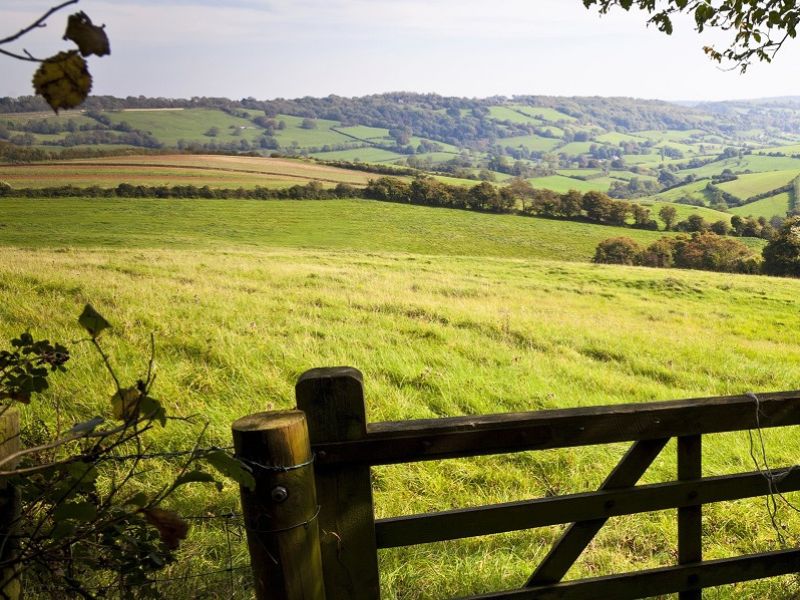The Government is looking to explore taxation of ecosystem service markets and potentially expand agricultural inheritance tax relief to cover some environmental land management.
The move was announced by Chancellor of the Exchequer, Jeremy Hunt, in the Spring Budget on 15 March. “This is welcome news for landowners and farmers, who may have concerns about entering certain environmental schemes in case they forfeit agricultural property relief (APR),” says Jeremy Moody, secretary and adviser to the Central Association of Agricultural Valuers (CAAV).
Stage one of the process calls for evidence on the tax treatment of ecosystem service units. The aim is to understand the commercial operations and areas of uncertainty in respect of taxation. Stage two is a consultation about a possible extension of APR from inheritance tax to cover land in environmental land management, exploring how far APR may be a barrier to taking up environmental management options.
The call for evidence also seeks views on the Rock Review’s proposal to limit APR on let land to where it is let for at least eight years. This is a chance for all views to be considered, including the CAAV’s concerns that this could see any gains outweighed by land being let for shorter terms or not let at all. “It will not encourage anyone who is not letting to start letting,” says Mr Moody.
For investments in plant and machinery, including IT, the annual investment allowance was affirmed at £1m. However, companies will be able to offset all investment in plant and machinery against tax in the first year – ‘full expensing’. And there will be an enhanced research and development credit for research-intensive businesses, such as life sciences, that can benefit farming.
“We welcome the investment reliefs, but regret that sole traders and partnerships are again excluded from the benefits for companies – here being denied the ‘full expensing’ provision,” says Mr Moody.
And while historic houses and libraries will continue to have energy prices capped as part of the Energy Intensive Users’ scheme, there is no such help available for the horticulture and broiler sectors – also intensive energy users. “This exclusion is odd.”
The £20bn announced in the Budget for carbon capture and storage is likely to increase demand for pipes to be built across farmland to take carbon out to sea, says Mr Moody.
The first UK carbon capture power station, Keadby 3 in north Lincolnshire, won planning permission last December. It is planned to have a generating capacity of up to 910 megawatt (MW) and capture up to 1.5 million tonnes of CO2 a year. The plan is for carbon pulled from the air to be channelled through CO2 pipelines being built to transport emissions from industrial plants across the Humber to storage under the North Sea.
“This disruption is already happening in north Lincolnshire and it could become more widespread,” says Mr Moody.
“The rhetorical focus of the Budget is growth, with reliefs for investment and removing obstacles to people working. It was a budget for the wider economy, not particularly a budget for farmers.”
For more information visit www.caav.org.uk
About the CAAV
The Central Association of Agricultural Valuers (CAAV) is a specialist professional body representing, qualifying and briefing over 2,900 members practising in a diverse range of agricultural and rural work throughout England, Wales, Scotland and Northern Ireland.
CAAV members are agricultural and rural valuers who provide professional advice and valuation expertise on issues affecting the countryside from tenancy matters to sales and purchase of farms and land, from taxation and compulsory purchase to auctioneering, and from conservation issues to farming structures.
We are always happy to speak to the press – if you have any queries, please contact Marianne Curtis at Agri-hub PR on 07443 747808 or email [email protected].





